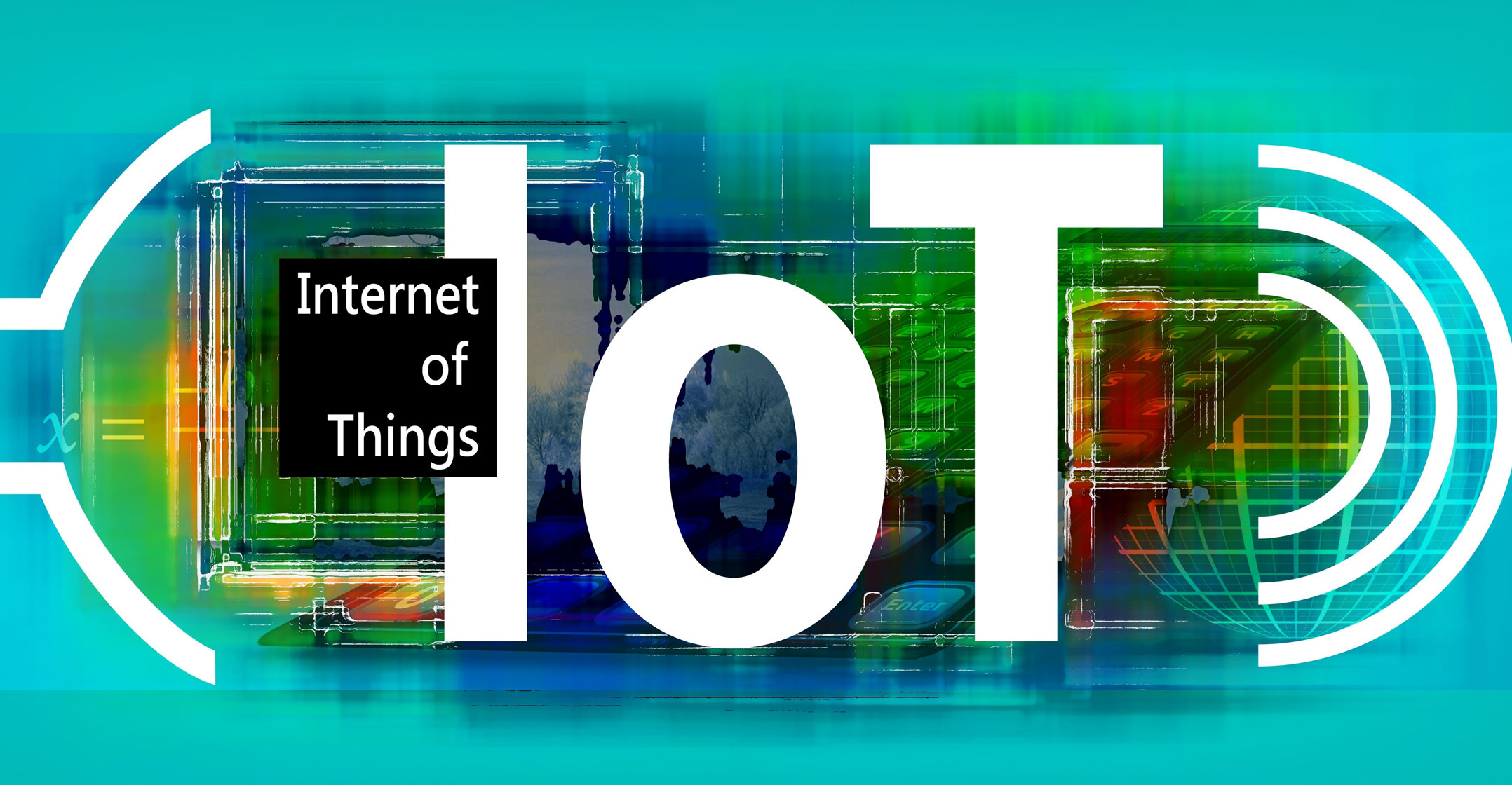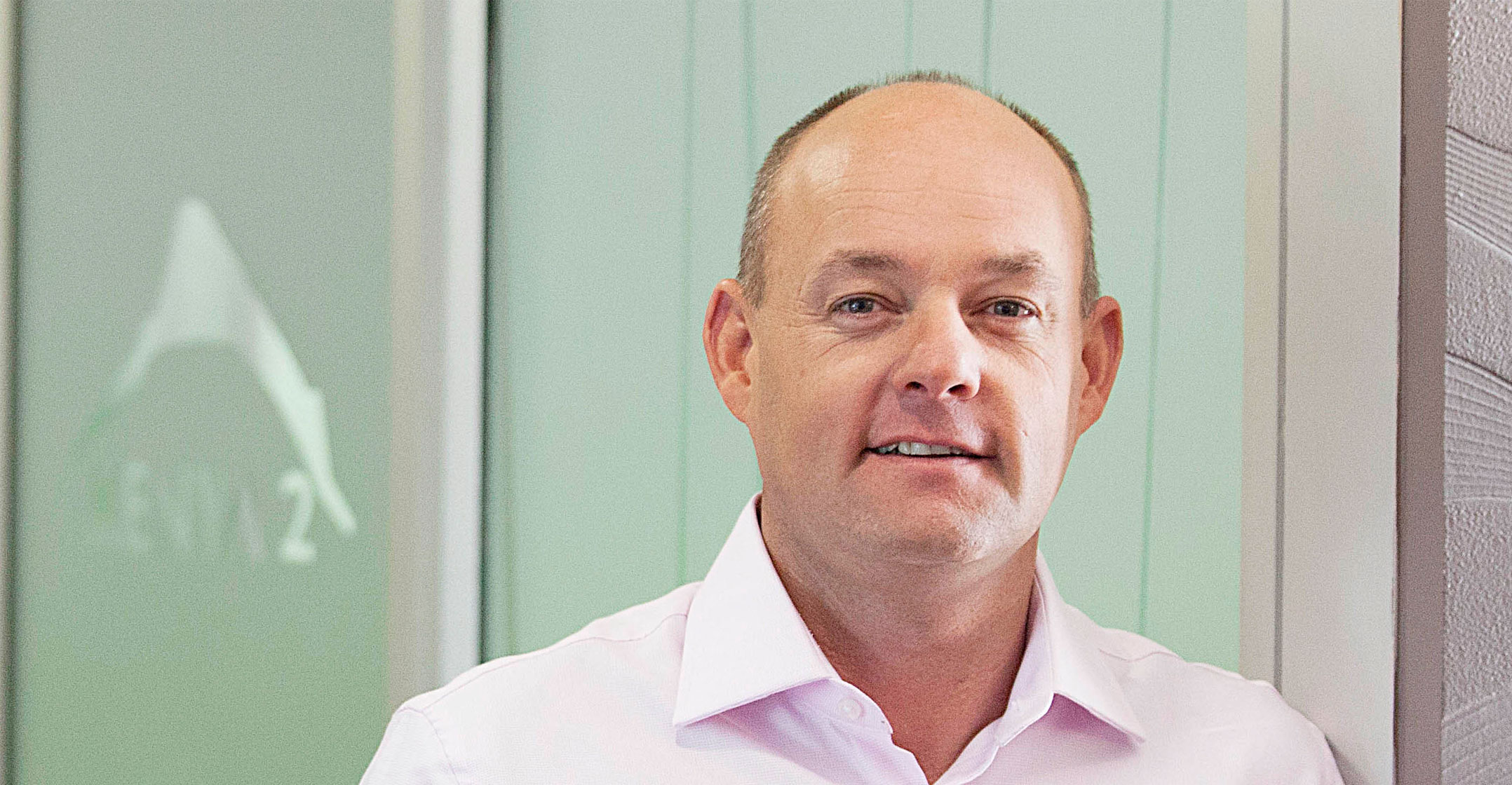 With the global outbreak of the novel coronavirus forcing industry leaders to rethink traditional human capital deployment and the use of manual labour, emerging technologies such as the Internet of things (IoT), 5G and automation are coming into sharper focus.
With the global outbreak of the novel coronavirus forcing industry leaders to rethink traditional human capital deployment and the use of manual labour, emerging technologies such as the Internet of things (IoT), 5G and automation are coming into sharper focus.
By radically reducing the need for labour-intensive and repetitive physical work, new technology can potentially eliminate the many health risks associated with large groups of workers on a factory floor, for example – while simultaneously increasing the speed of decision-making and cutting down on high operational costs.
Moreover, with many governments and operators driving the development and adoption of 5G infrastructure, it is becoming increasingly viable (and attractive) for key industries to embrace IoT solutions and shift to a far more digitally driven and seamlessly automated operational model.
Without doubt, Covid-19 has already accelerated the automation of certain industrial and enterprise tasks, and savvy industry leaders will embrace this momentum to implement smart IoT solutions and reap both the short- and long-term benefits.
From (IoT) evolution to revolution
As businesses and industries begin to realise the immense value of real-time data and its impact on rapid decision making, interest in emerging IoT solutions is rising quickly. In part, this interest is being fuelled by the increasing availability of 5G (fifth-generation wireless technology) infrastructure – which provides a range of benefits to IoT which are not available with 4G or other technologies.
Over the past few years, we have seen significant operator and governmental investment in 5G technology, spectrum and infrastructure around the world, along with the implementation of global standards (CCS Insight, for example, has forecasted that there will be as many as one billion 5G customers by 2023). Importantly, 5G can support a vast number of static and mobile IoT devices (which have a wide range of speed, bandwidth and quality of service requirements). Moreover, the low-latency capability of 5G will open up many valuable use cases such as remote crane or forklift operations, for example, with the ability to send key diagnostics to personnel in real time.

A window of opportunity for SA industry
At a time when many South African industries and sectors are being forced to rethink operational costs, find new efficiencies and adhere to the new Covid-19 health guidelines, emerging IoT solutions and process automations can be enormously valuable in finding a sustainable path forward.
We believe that IoT should be viewed as a key enabler in the new world of work and industry, and although it is unknown territory for many, choosing the right technology partner can quickly open up many new and accessible opportunities.
Put simply, these opportunities are about leveraging process automation – and getting a device to make instantaneous, emotionless decisions which drive business outcomes. Leaders simply have to articulate a business challenge or barrier, and there will mostly likely be an IoT sensor (and solution) that can automate this process. Here, the magic or the problem-solving “alchemy”, so to speak, lies in the data … and what you do with the data. Again, the right technology partner will guide you through the process of consolidating your data, and driving what we term “actionable intelligence” through IoT platforms and operational support systems.
Notably, IoT solutions are very light on their infrastructure requirements – and are fairly inexpensive and quick to deploy. This is making IoT an important, and increasingly valuable technology offering for both government and the private sector.
The use cases are endless and are already becoming evident across manufacturing, healthcare and even financial services. Today, given the health crisis, healthcare and medicine are of particular interest – and we are already exploring innovations in the smart telecare space (from smart deliveries of medicine to utilising technology to care for the elderly … and ultimately changing the way frail patients are monitored).
Across every industry and sector, smart sensors will reduce the need for manual work and physical travel, while freeing up human resources for other more strategic, highly skilled or creative work. Given the fast-changing economic realities, industry leaders and decision makers who can quickly implement and realise the benefits of IoT solutions will arguably be far better positioned to adapt – and thrive – in the post-pandemic world.
- Jacques du Toit is CEO of Vox
- This promoted content was paid for by the party concerned

